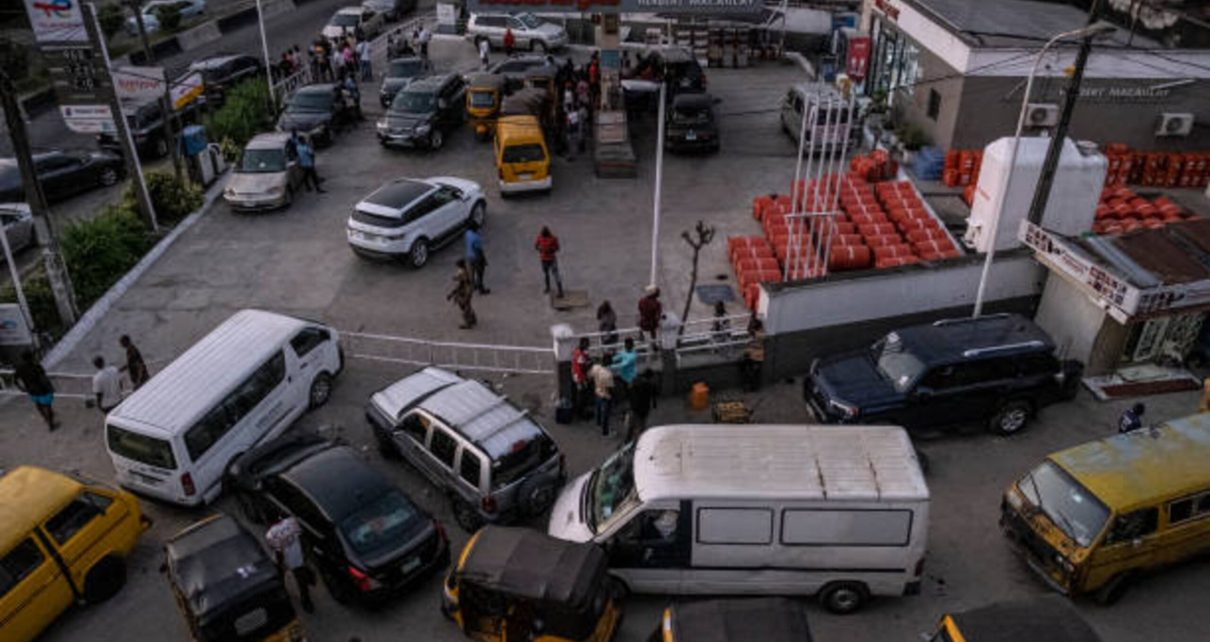The bustling streets of Lagos have come to a near standstill as a severe fuel shortage continues to grip the city. From Ejigbo to Surulere, residents are facing long queues and empty petrol stations, exacerbating the daily struggles of millions.
“I drove for hours and couldn’t find a single station selling petrol,” said Chinedu Okeke, a frustrated motorist. “This crisis is affecting everything, from transportation to businesses.”
The Nigerian National Petroleum Corporation (NNPC) has attributed the shortage to logistical challenges and rising global oil prices¹. “We are working tirelessly to resolve these issues, but the situation is complex,” stated an NNPC spokesperson.
The impact of the fuel crisis is widespread. Public transportation costs have skyrocketed, with many commuters forced to walk long distances. “I had to trek from Surulere to my office in Victoria Island,” lamented Amina Yusuf, a local resident. “The buses are either too expensive or not available.”
Businesses that rely on generators due to Nigeria’s erratic power supply are also feeling the pinch. “Our operations have slowed down significantly,” said Adewale Johnson, a small business owner. “We can’t afford the high cost of fuel on the black market.”
The recent opening of the Dangote Petroleum Refinery in Lagos was expected to alleviate such crises, but it currently only produces diesel and aviation fuel². “We need more refineries to produce petrol locally,” urged economic analyst, Tunde Adebayo.
As the crisis continues, Lagosians are calling for swift government intervention. “We need immediate solutions,” said community leader, Funmi Adeyemi. “This situation is unsustainable.”


